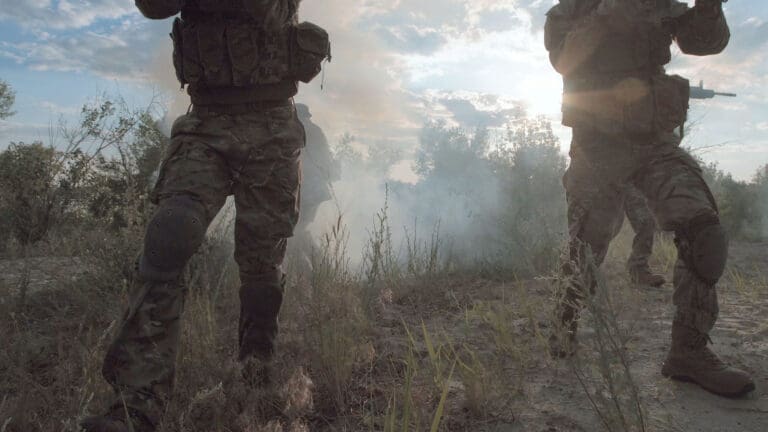The VA’s disability compensation program provides tax-free income benefits to former servicemembers who suffered an injury or chronic illness while serving in the United States military. These benefits can make a substantial difference in a veteran’s finances when a service-related condition prevents them from obtaining gainful employment.
However, not all disabled veterans can successfully apply for benefits. The program entails several criteria that a veteran must meet to receive compensatory income. For example, you must prove that you were a member of the armed forces on active duty when your service-connected injury occurred.
VetLaw’s team of steadfast attorneys can help if you have received a benefits denial due to a lack of in-service evidence. They can help you compile records kept by the military during your active duty time or while on deployment, which could be critical for pursuing a successful VA disability compensation claim or appeal.

Contact Us Today
We Will Fight For Your Benefits
We guarantee 100% privacy. Your information will not be shared.
Service-Related Disabling Conditions
Your military status can affect your life in several ways, including your rights related to suffering a disabling illness or injury. Only veterans who suffer from service-related conditions can obtain compensation from the VA. This means that you must be able to trace your current disability to an incident that occurred while you were on active duty, although this includes all types of active duty, including training. It’s important to remember that active duty servicemembers are covered for injuries incurred 24 hours a day, 7 days a week, whether at home or on base.
For example, a servicemember may suffer hearing loss or tinnitus from working on the flightline or even being near an exploding grenade during training or deployment. A VA-accredited lawyer can help you establish your military status in relation to such a service-connected injury so you can effectively pursue benefits.

Pre-Existing Conditions
Those who join the military do not need to be in perfect health. Many branches of service accept members with breathing problems, impaired vision, hearing problems, and other lesser conditions.
As a result, however, a pre-existing condition could worsen in active duty service. This is another example of in-service evidence that may qualify a person for benefits, but the standard of proof for obtaining those benefits varies depending on if and how the condition was noted during your pre-induction medical examination.
Alternatively, doctors’ records can indicate that you entered the military with a pre-existing condition and that active duty made that condition worse. VetLaw’s team of hardworking lawyers can help you gather and present evidence of your disability and military status, including whether the condition was aggravated during active duty.
How an Attorney Can Help with a Benefits Denial Due to Lack of In-Service Evidence
Many veterans are met with a denial when they attempt to obtain VA disability compensation benefits, which commonly results from a lack of evidence. Not providing adequate information regarding the incident that led to your condition or being unable to connect it to your active duty time would likely result in a benefits denial due to lack of in-service evidence.
A VA-accredited attorney can help you pursue an appeal after you receive such a denial. They can examine the reasons why the VA denied your claim, gather any additional necessary in-service evidence, and offer an appeal path that gives you the best chance of success. Call our team of skilled veterans’ disability benefits denial lawyers today to get started.

